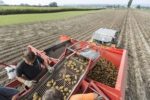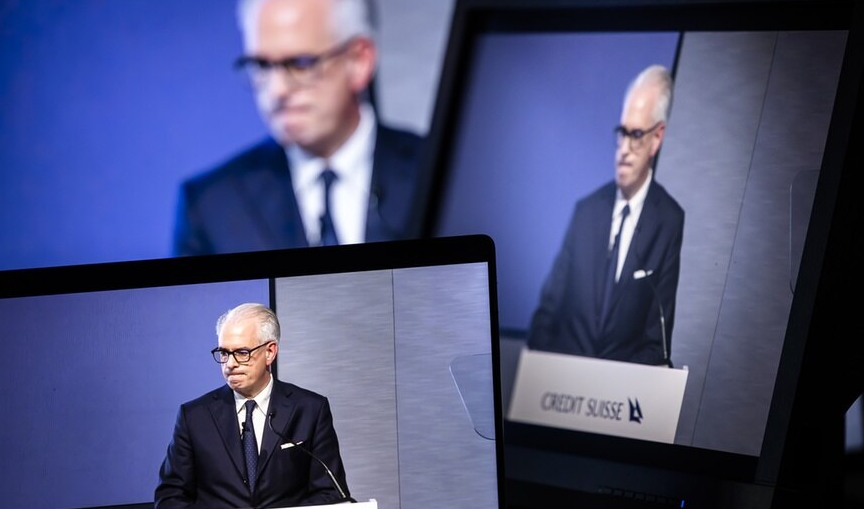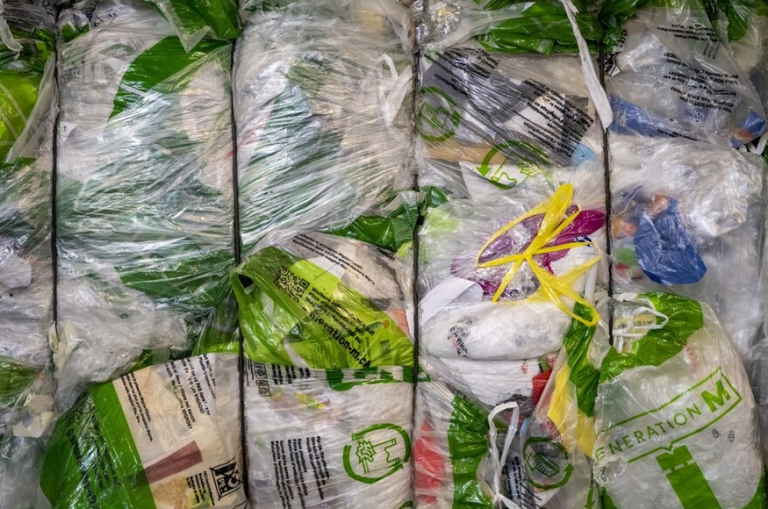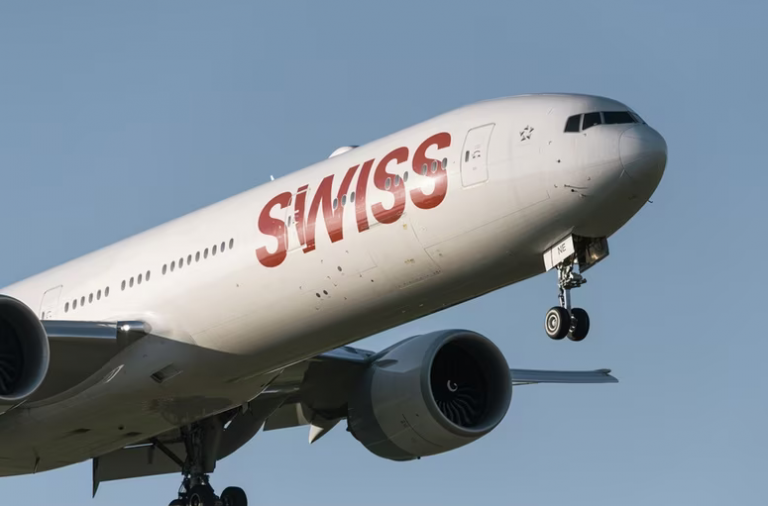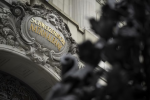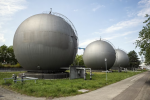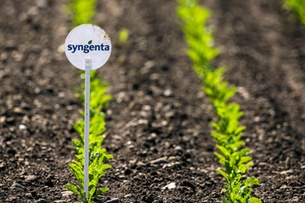
The Syngenta deal is one of a trio of megamergers (Keystone)
Syngenta, the Swiss agribusiness group which is being acquired by ChemChina in the biggest foreign takeover by a Chinese company, will help Beijing modernise China’s farm sector while simultaneously remaining firmly a “western company”, its chairman has said.
Michel Demaré told The Financial Times that, under its new owners, Syngenta would become “a partner of the Chinese government to basically drive the modernisation of Chinese agriculture – so we get the whole growth story”.
Syngenta’s shareholders last week approved the $43 billion (CHF43.28 billion) takeover, which was launched more than a year ago and is part of a wave of large-scale mergers in the international business of supplying farmers with seeds and crop protection products.
China relied heavily on food imports and Chinese agricultural yields were 30% or 40% lower than in western countries, Demaré said. Asia-Pacific currently accounts for only about 15% of Syngenta’s regional sales, but no targets have yet been set for sales expansion. “The goal is modernising agriculture, increasing yields.”
But despite the focus on expansion in China, Demaré said Syngenta’s new owners would be under pressure to operate it as a distinctly Swiss company, respecting promises on corporate governance and managerial independence.
Political sensitivities
Syngenta “is way bigger than any other acquisition they have made … which also makes it extremely visible,” Demaré said. “That even more gives us a guarantee that the governance will be perfect.”
Under the takeover deal, the Swiss company won assurances from ChemChina to head off possible local political sensitivities, which may help explain why it has met little resistance from Swiss politicians.
These include special arrangements to ensure Syngenta’s headquarters remain in Basel, and to protect its research and development budget.
However, those arrangements will expire following a planned relisting of a minority stake in Syngenta’s shares, which ChemChina plans in the next five years. The listing of 30% of the Swiss company’s shares could raise $13 billion.
In theory, ChemChina could decide to list Syngenta shares in Shanghai, and then move the company’s headquarters there.
Nevertheless, Demaré was confident Syngenta would remain “a western company”. ChemChina was “very attached to Switzerland”, he said and had acquired the company for its knowledge and know-how.
“They cannot start moving the whole research centre from Switzerland to Beijing because 95% of the people will probably not go.” He also cited ChemChina’s “hands-off” strategy in previous European acquisitions.
Industry shakeup
A relisting of Syngenta stock was not expected for at least a year, Demaré added. Priority would be given to a listing in Switzerland, although it could be listed in more than one place, and China would be another option.
The Syngenta deal is one of a trio of megamergers that are reshaping the global agrichemical and seeds industry. The others are Dow Chemical’s $147 billion merger with DuPont and Bayer’s $66 billion purchase of Monsanto.
Syngenta agreed to the ChemChina takeover early last year after fending off hostile approaches from Monsanto. Demaré argued the ChemChina cash offer was superior because it had few business overlaps with Syngenta and would be a “growth acquisition”. It would also not result in job losses.
ChemChina plans to keep Syngenta’s existing management team in place. The Syngenta board would be chaired by Ren Jianxin, ChemChina’s chairman, with Demaré becoming vice-chairman.
As well as Demaré there would be three other independent directors with just two of the independent directors required to veto strategic decisions or changes in Syngenta’s governance.
Full story here Are you the author? Previous post See more for Next post
Tags: Business,newslettersent




























